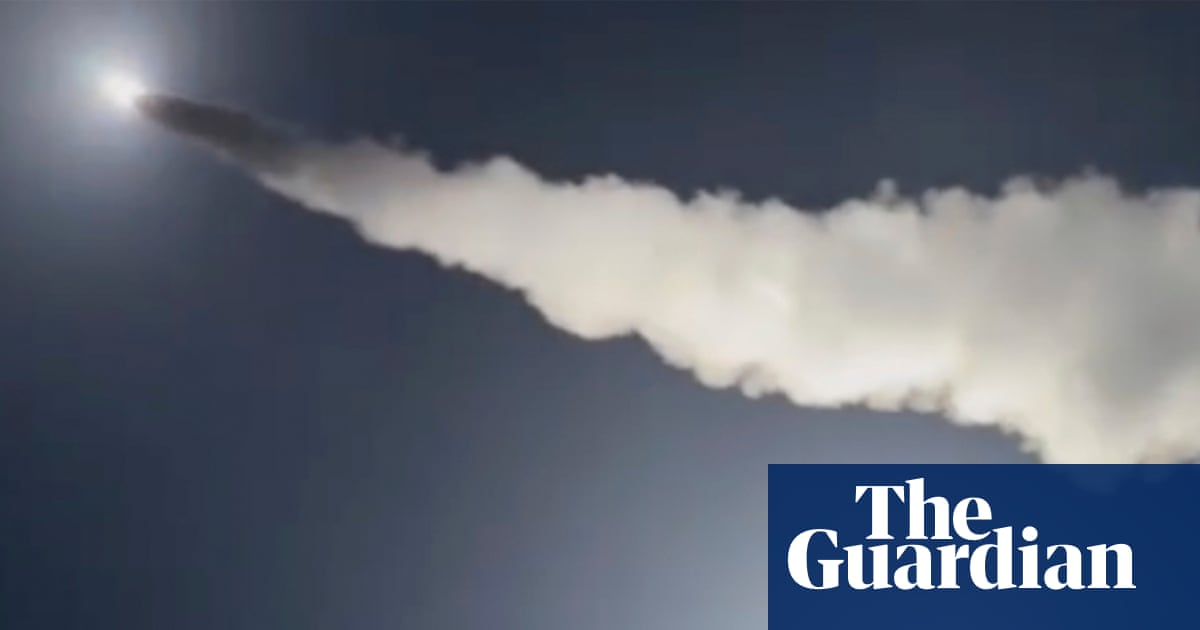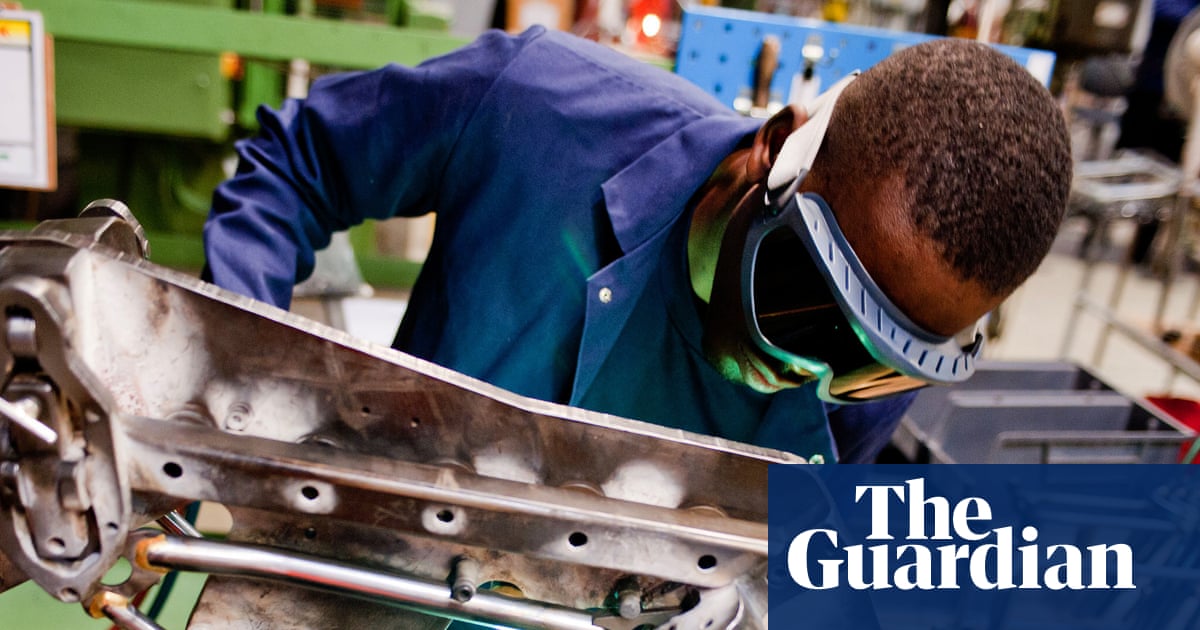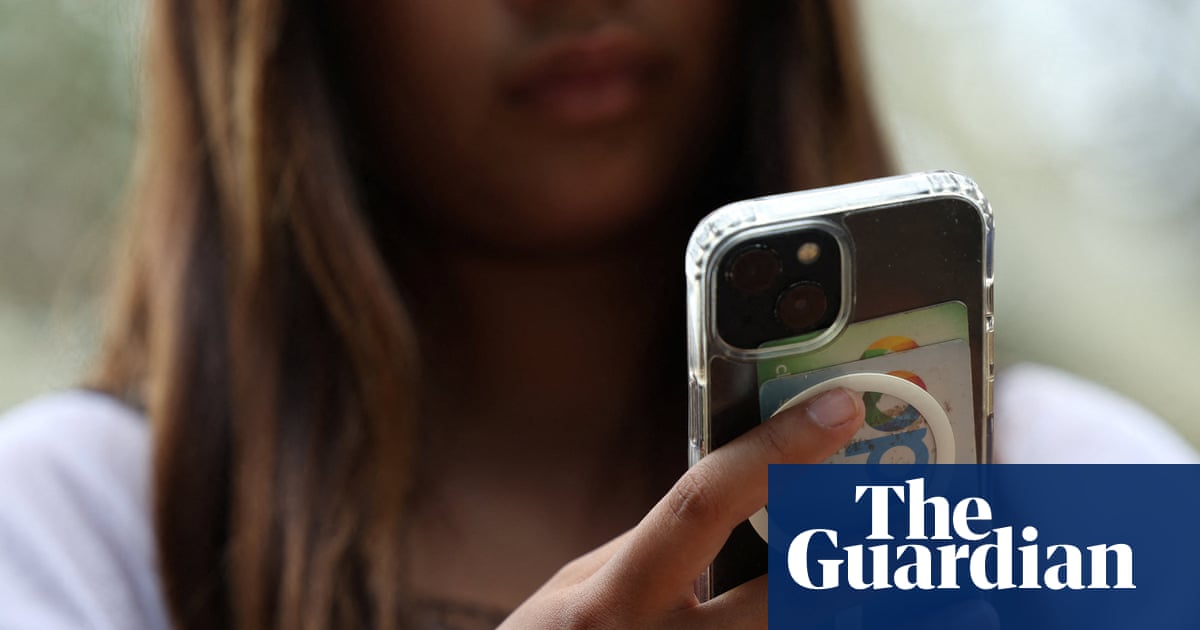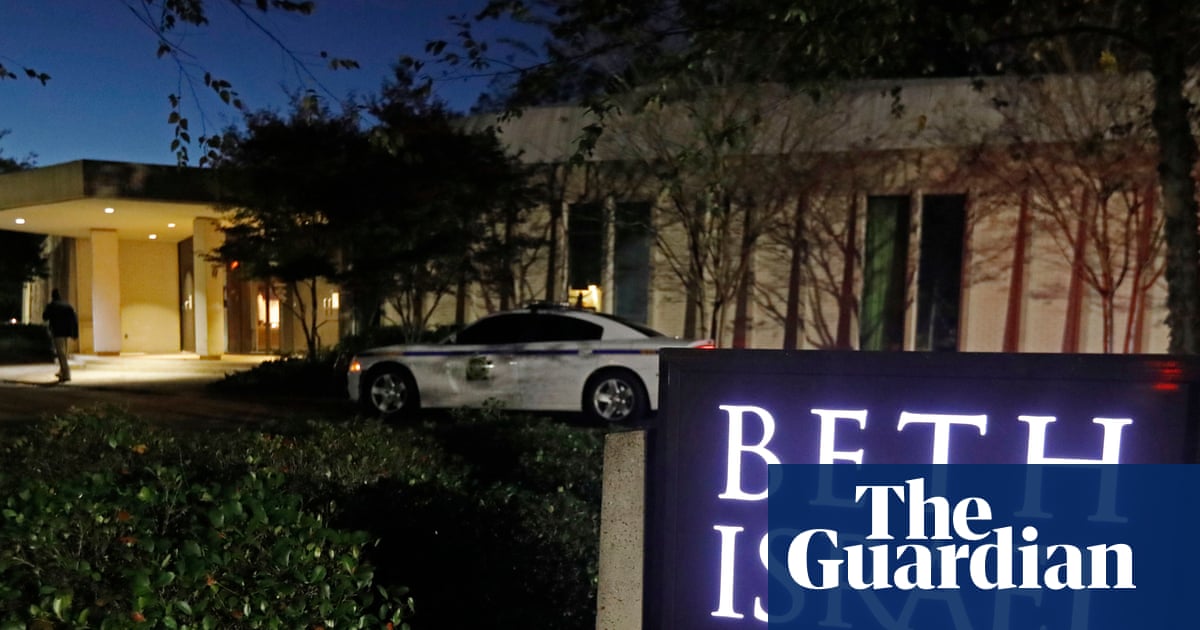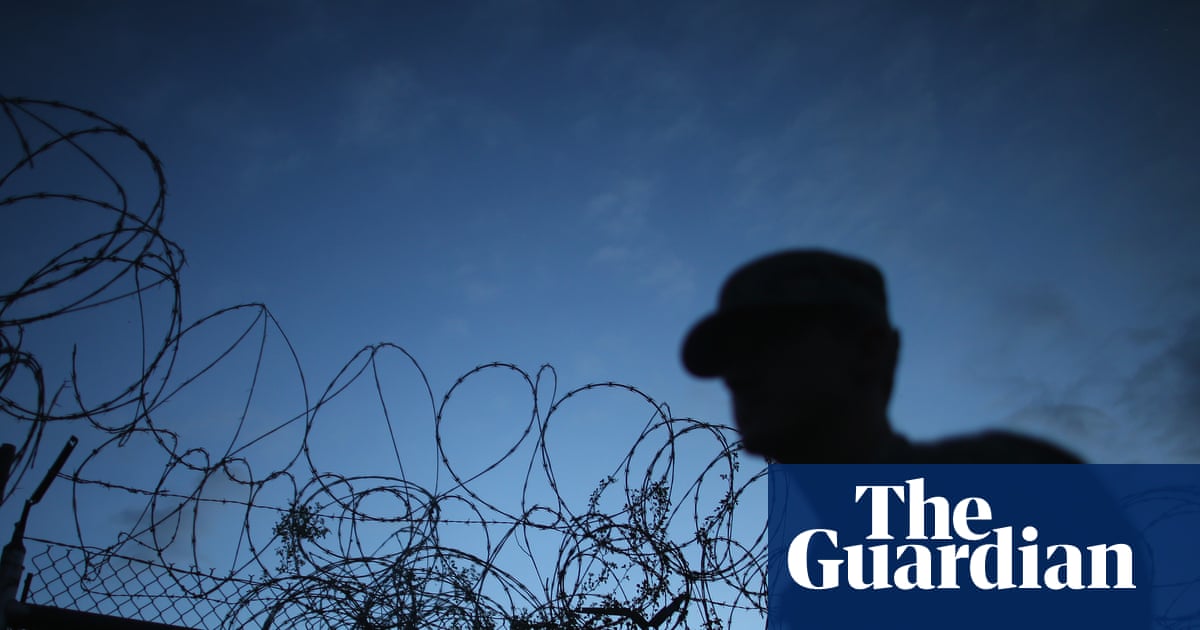It was usually when my daughter hadn’t slept that the conversation started. I’d message my friend wondering aloud whether I would get through the day without making some glaring mistake. I was the prime minister of New Zealand. Only the second woman in the world to have a baby while leading a country, and some days were hard.
Yet there was one response, a simple text message from my friend, also deep in the trenches of caregiving, that would stop me in my tracks: “Women give birth during war.”
I knew what her intent was. Five simple words meant to remind me that every single day, women defy the odds – surviving horrifically difficult things, all while being mothers and caregivers. If they could persist, so could I. But that wasn’t the effect these words had. Instead, I thought endlessly of the women giving birth through the perils of war.
We live in a world plagued by humanitarian crises. Famine. Civil conflict. The facts on the ground are often relayed crudely. The tons of food delivered or not. Aid funding announced or taken away. Territory gained or lost. Bombs dropped; casualties sustained.
None of that tells us a simple truth. For all of the dehumanisation of these grave humanitarian crises, life, in the most extreme conditions, continues. Children still need to be fed. People still mourn the loss of loved ones, while trying to find a safe place to sleep. Health conditions need treatment. Women still give birth – and many of them don’t survive.
Globally, loss of maternal life resulting from childbirth is most commonly caused by postpartum haemorrhaging (PPH). The World Health Organization estimates 14 million women a year are affected, but death is largely preventable. In fact, in high-income countries, deaths from PPH have nearly been eliminated. But globally, 70,000 women are still dying every year. That’s one PPH death every 7.5 minutes. More than half of these deaths are in the 25 countries with current appeals for humanitarian aid.
These are women in South Sudan who have experienced civil unrest for decades, and now reside in one of the most dangerous places to become a mother. The maternal mortality rate is more than 1,200 per 100,000 live births.
These are thousands of newborns in Burkina Faso, where hundreds of health facilities have closed as the security situation deteriorates, who will grow up without mothers, and all of the social and economic scarring that brings.
There’s no question these environments are difficult to operate in. And that’s one of the reasons for the lack of progress in ending these preventable deaths. But they remain just that – preventable.
Researchers from the World Health Organization and the University of Birmingham recently published a study that suggested a new solution, known as E-MOTIVE, could reduce deaths from PPH.
The study, which involved more than 200,000 women in four countries, found that measuring blood loss using a simple, low-cost collection device called a “drape” and bundling together evidence-proven treatments – rather than offering them sequentially – resulted in dramatic improvements for women.
These solutions are low-cost and can be delivered more widely. But the focus has been on providing them in stable settings, rather than areas of conflict and crisis where they are urgently needed.
That is why the International Rescue Committee is launching a new global partnership titled Safer Births in Crises. This consortium brings together those experienced in the field, such as the International Medical Corps, the UN population fund and Jhpiego to deliver these lifesaving solutions for preventing, and treating, PPH to the world’s most vulnerable women.
While Safer Birth in Crisis will begin in countries such as South Sudan and Burkina Faso, it will also explore how to adapt these solutions for countries such as Papua New Guinea, which are increasingly prone to extreme weather events within the Pacific region. And with future resources, the consortium hopes to expand access to lifesaving interventions for both mothers and babies in additional crisis-affected settings, such as those in the Middle East.
The Matariki Fund for Women is joining this initiative to fill a critical funding gap, and to save thousands of women losing their lives each year in child birth, by providing $4m to the consortium.
But no one should pretend this is enough. Even a child born safely in these conditions is still being born into crisis.
In the coming weeks leaders will gather for the UN General Assembly. And as they do, we must continue to call on those with power to respond to these humanitarian crises, ranging from the conflict in Ukraine to natural disasters caused by the climate crisis. We should start with Gaza. There is a path to stopping the genocide still happening daily before us: more countries must recognise Palestinian statehood; any co-operation that facilitates military action must end; humanitarian aid needs to urgently reach the trapped and starving; and medical care must be available for the injured, the malnourished, and for the expectant and new mothers.
We may live in a world plagued by humanitarian crises, but we must resist the dehumanisation of numbers. Because yes, women give birth during war, and they die. But they shouldn’t. Not in the midst of birth, nor in the crossfire of conflict. Sometimes politics and leadership should be as simple as that.
-
Jacinda Ardern is a former prime minister of New Zealand
-
Do you have an opinion on the issues raised in this article? If you would like to submit a response of up to 300 words by email to be considered for publication in our letters section, please click here.

 3 months ago
105
3 months ago
105


